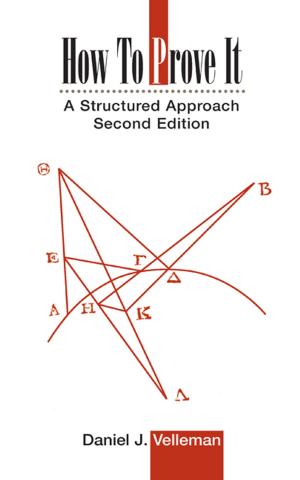The Constructive Mind
Bartlett's Psychology in Reconstruction
Nonfiction, Health & Well Being, Psychology, Cognitive Psychology, Social & Cultural Studies, Social Science| Author: | Brady Wagoner | ISBN: | 9781108124218 |
| Publisher: | Cambridge University Press | Publication: | February 16, 2017 |
| Imprint: | Cambridge University Press | Language: | English |
| Author: | Brady Wagoner |
| ISBN: | 9781108124218 |
| Publisher: | Cambridge University Press |
| Publication: | February 16, 2017 |
| Imprint: | Cambridge University Press |
| Language: | English |
The Constructive Mind is an integrative study of the psychologist Frederic Bartlett's (1886–1969) life, work and legacy. Bartlett is most famous for the idea that remembering is constructive and for the concept of schema; for him, 'constructive' meant that human beings are future-oriented and flexibly adaptive to new circumstances. This book shows how his notion of construction is also central to understanding social psychology and cultural dynamics, as well as other psychological processes such as perceiving, imagining and thinking. Wagoner contextualises the development of Bartlett's key ideas in relation to his predecessors and contemporaries. Furthermore, he applies Bartlett's constructive analysis of cultural transmission in order to chart how his ideas were appropriated and transformed by others that followed. As such this book can also be read as a case study in the continuous reconstruction of ideas in science.
The Constructive Mind is an integrative study of the psychologist Frederic Bartlett's (1886–1969) life, work and legacy. Bartlett is most famous for the idea that remembering is constructive and for the concept of schema; for him, 'constructive' meant that human beings are future-oriented and flexibly adaptive to new circumstances. This book shows how his notion of construction is also central to understanding social psychology and cultural dynamics, as well as other psychological processes such as perceiving, imagining and thinking. Wagoner contextualises the development of Bartlett's key ideas in relation to his predecessors and contemporaries. Furthermore, he applies Bartlett's constructive analysis of cultural transmission in order to chart how his ideas were appropriated and transformed by others that followed. As such this book can also be read as a case study in the continuous reconstruction of ideas in science.















